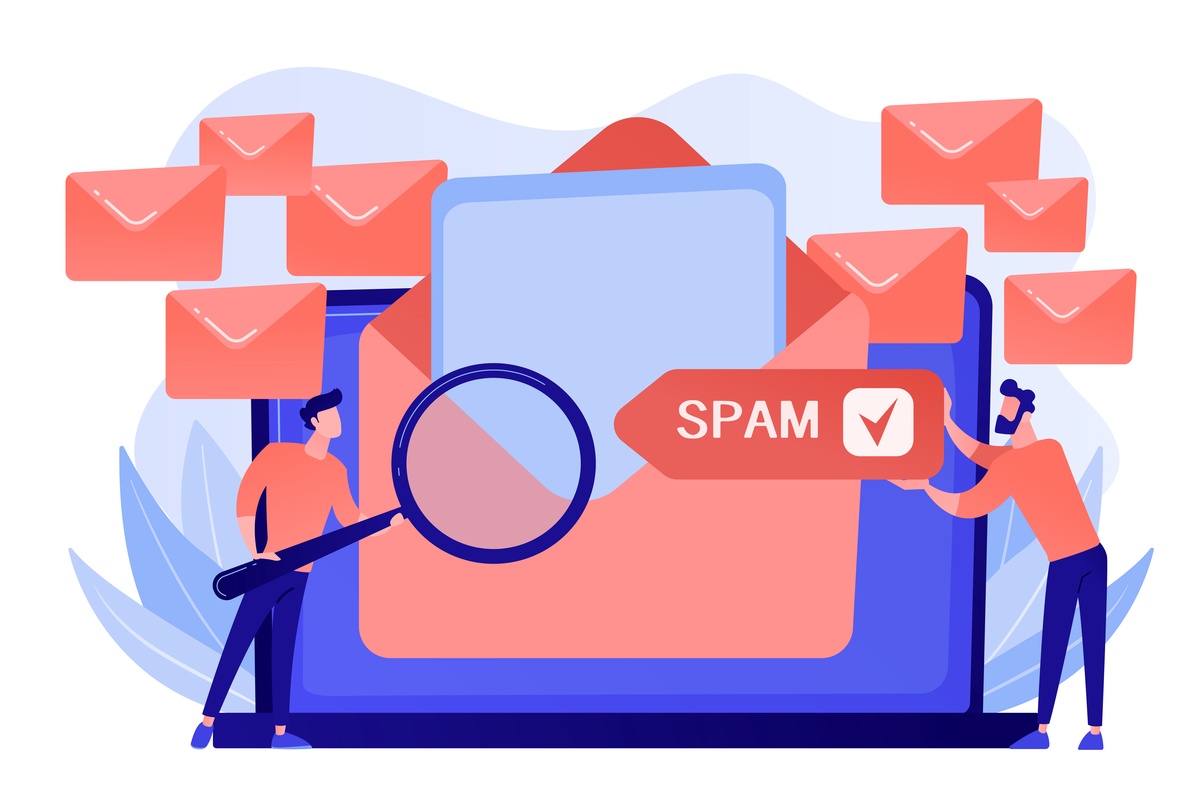Maintaining a healthy online presence is crucial for the success of any website. However, the presence of spammy elements can harm your website's credibility, ranking, and overall performance. One metric commonly used to assess the spamminess of a website is the Moz Spam Score. In this article, we will explore effective strategies to reduce the spam score of your website and ensure a clean and reputable online presence.
Understanding Moz Spam Score:
Moz Spam Score is a metric developed by Moz, a renowned provider of SEO tools and resources. It quantifies the likelihood of a website being penalized or flagged by search engines for engaging in spammy practices. The score ranges from 0 to 17, with a higher score indicating a higher potential for spam. It considers various factors, including the quality of backlinks, the presence of suspicious content, and the overall domain authority.
Conduct a Comprehensive Website Audit:
To effectively reduce your website's spam score, start by conducting a thorough audit of your entire website. Examine every page, analyze the content, and identify any suspicious or low-quality elements. Look for instances of keyword stuffing, irrelevant links, or hidden text, as these are considered spammy practices.
Remove or Disavow Toxic Backlinks:
Backlinks play a significant role in determining the credibility of your website. However, if your website has accumulated toxic or spammy backlinks, it can negatively impact your spam score. Identify and analyze your backlink profile using tools like Moz's Link Explorer or Google Search Console. Remove or disavow any backlinks coming from low-quality or spammy sources to improve your website's credibility.
Improve Content Quality:
High-quality, relevant content is crucial for establishing your website's credibility and reducing its spam score. Ensure that your content is original, valuable, and well-written. Avoid keyword stuffing and excessive use of anchor text in your content. Focus on providing informative and engaging content that caters to your target audience's needs and interests.
Regularly Update and Maintain Your Website:
Frequently updating your website with fresh content shows search engines that your website is active and trustworthy. Remove outdated or irrelevant content that no longer serves a purpose. Additionally, regularly check for broken links, fix any website errors, and optimize your website's performance and speed.
Secure Your Website:
Website security is vital to protect your website from spammy activities and potential hackers. Implement robust security measures, such as installing SSL certificates, using strong passwords, and regularly updating your website's plugins and software. Taking these precautions will help safeguard your website's integrity and reduce the chances of being flagged as spam.
Monitor User-Generated Content:
If your website allows user-generated content, it's essential to have proper moderation and monitoring systems in place. Spammy comments, irrelevant links, or low-quality contributions can harm your website's credibility and increase its spam score. Implement strict guidelines for user-generated content and utilize spam filtering tools to automatically detect and remove spammy submissions.
Build High-Quality Backlinks:
While removing toxic backlinks is important, it is equally crucial to actively build high-quality backlinks. Focus on acquiring backlinks from reputable and authoritative websites within your industry. Engage in guest blogging, collaborate with influencers, and participate in relevant online communities to earn quality backlinks that positively impact your website's spam score.
Leverage Social Media Engagement:
Active engagement on social media platforms can contribute to reducing your website's spam score. Share valuable content, interact with followers, and encourage genuine discussions. This demonstrates to search engines that your website is trusted and valued by real users.
Regularly Monitor Moz Spam Score:
Monitor your website's Moz Spam Score regularly to track progress and identify potential areas of improvement. Use tools like Moz's Open Site Explorer to analyze your website's spam score and compare it to your competitors. Continuously working towards reducing your spam score will help establish your website as a trusted and authoritative source.
Seek Professional Assistance:
Reducing the spam score of your website can be a complex and time-consuming process. Consider seeking professional assistance from SEO experts or digital marketing agencies experienced in improving website credibility. They can provide valuable insights, perform in-depth audits, and implement effective strategies to help you achieve a lower spam score.
Conclusion
Reducing the spam score of your website is crucial for maintaining a clean and reputable online presence. By conducting a comprehensive website audit, removing toxic backlinks, improving content quality, securing your website, and actively monitoring your spam score, you can significantly reduce the likelihood of being penalized by search engines. Consistently following best practices and staying proactive in maintaining a spam-free website will help you achieve long-term success in the online world.


No comments yet